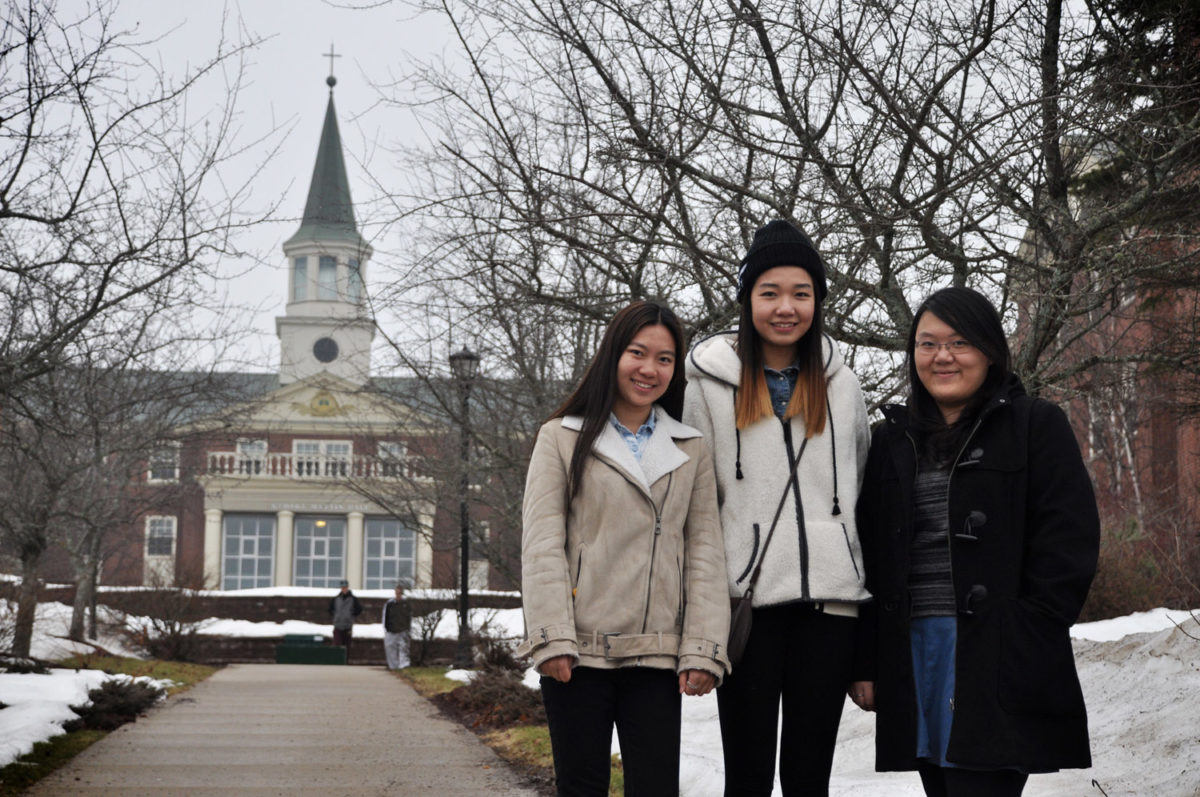
STU’s growing population of Chinese students have to face more than just the culture shock most international students face. They face classroom shock.
“For us it is more about learning and testing skills,” said Haoyang (Lucas) Liu, an admissions counsellor of Chinese students at STU. “So when it comes to grammar, reading or writing, we might be pretty good at it. But in the classrooms it is more about communications, presentations and group discussions and that’s not the strength of Chinese students.”
Lui, a St. Thomas grad, said the Chinese language is entirely different from romance languages, which makes the academic development of Chinese students challenging.
“I remember when I was taking my first-year psychology courses in my first semester I struggled quite a bit,” he said.
Canada ranks as the world’s seventh most popular destination for international students. Canada draws its sizable international student population from around the world, with China one of the top 10 places of origin.
At St. Thomas, there are 25 full-time Chinese students.
Yilin (Catrina) Ren, a second-year communications student, said she wants to start a Chinese Association at STU.
Ren said it would help Chinese first years adapt to the sudden change in culture and language.
“It is quite challenging for us to enter to a class with native speakers,” Ren said. “Sometimes we can’t follow the teacher well because professors speak quickly and it’s hard for us to take notes while paying attention.”
Ren said the association would also organize social events and traditional festivals throughout the academic year.
International student advisor Marina Nedashkivska said the university supports new students, especially those from Asian countries.
Nedashkivska said she meets with first-year international students throughout the year to assess their academic and emotional well-being.
Most Chinese students do not come from bilingual schools so sometimes St. Thomas is their first exposure to the language, she said. The university offers a Conversation Partner Program for these students where they are able to practice their English with a native speaker.
Yi (Cecily) Fan, a second-year journalism student, said she went to high school in Moncton and then decided to pursue her degree in Fredericton, where she has been able to communicate with English native speakers more often.
Fan said back in China students face pressure to do well on university entrance exams. At St. Thomas, she has developed new skills like public presentations and interacting more actively in the classroom.
“I just love the system of the education here.”
